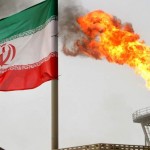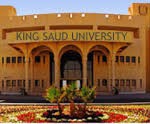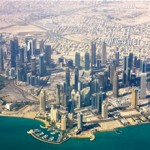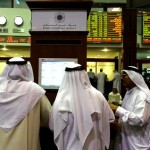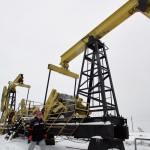The Top Companies in the Arab World 2016
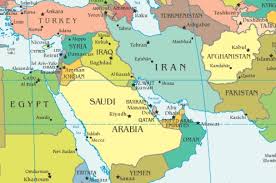
Last year was not an easy one for Arab companies. Political instability and plunging oil prices affected financial performance. Total market value for the 100 Top Companies in the Arab World dropped 15.5% to $689 billion between April 1, 2015 and April 6, 2016; aggregate sales and profits decreased nearly 3% to $281.5 billion and $58.6 billion, respectively. Total assets, on the other hand, were up 4% to $2.6 trillion in 2015.
Although the Saudi stock market was the hardest hit last year, with a 29.5% drop from a year ago, Saudi companies dominate the list. They make up more than one-third of the top 100, and five of the top 10. Saudi petrochemicals giant SABIC still ranks first.
QNB is the largest bank in the region, ranking first in terms of assets. Etisalat, the biggest Arab telecommunications company, is fourth.
Half of the companies on the list are banks, followed by telecom operators, and real estate developers. The majority are from Gulf countries.
Appearing in the top 100 for the first time are Mobily (#54), Jarir Marketing (#67), Bupa Arabia (#75), Ahli Bank Qatar (#77), Global Telecom Holding (#85), Southern Province Cement (#87), Zain KSA (#92), Saudi Cement (#93), Saudi Airlines Catering (#99) and Arab Potash (#100).
View the full list of The Top 100 Arab Companies 2016
Methodology: Top Companies in the Arab World 2016
Forbes started with 1,316 publicly-traded companies from Saudi Arabia, Qatar, Oman, Jordan, Egypt, Kuwait, Bahrain, U.A.E. (Abu Dhabi and Dubai), Lebanon, Morocco, and Tunisia.
Forbes excluded publicly-traded subsidiaries of listed companies, those suspended from trading, as well as companies that hadn’t released audited 2015 financial statements.
To rank the top 100, Forbes measured four metrics: sales, net profits, assets and market value. Market value and currency conversions are as of April 6, 2016.
The cut-off was $916.9 million for sales, $156.1 million for profits, $5.1 billion for assets, and $1.75 billion for market value.
Each company received four separate scores based on where it ranked in each metric’s top 100. To qualify, a company had to meet the minimum requirement for at least one metric. It received a score of zero, if it fell below the stated cut-off.
Forbes added all four scores (equally weighted) to reach a composite score and rank the companies. SABIC was highest, while Jordan’s Arab Potash came in at number 100.
Researchers:
Jason Lasrado, Ahmed Mabrouk, Ranju Warrier, Alaa Marzouk
Source: Forbes Middle East









